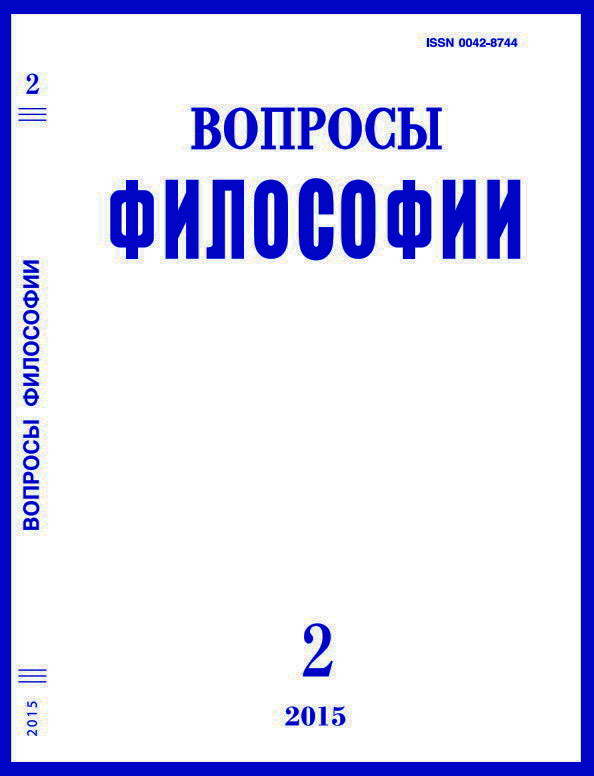The Series “Philosophical Theology: Contemporaneity and Backward Glance”
Keywords:
philosophical theology, natural theology, metaphysics, theism, deism, the existence of God, the attributers of God, the human nature, angels, the argument from design, induction, the criterium of simplicity, evidentialism, theodicy.Abstract
There are four texts which are included into discussion between Vladimir Shokhin and Richard
Swinburne. In the first Shokhin introduces the reader into a new series of translations, i.e.,
“Philosophical Theology: Сontemporaneity and Back Glance”, intended to make Russian audience
more familiarized with analytic philosophy up to now scarcely known to him and analytic
philosophical theology, which is still less habitual for him. At the same time he emphasizes that
it is such a nature of analytic philosophy that to study it is to practice its method of controversial
dialectics and recommends his dispute with Swinburne as an experience in such a “practical
study”. The second text contains Swinburne’s synopsis of his book The Existence of God. In the
third one Shokhin develops his detailed critical examination of Swinburne’s book, which could
be divided into two main parts, i.e. criticisms of the latter’s modes of the substantiation of God’s
existence (firstly, in the apologetic context) and criticisms of his version of a revised theism
(it is designated as “time-serving”). In accordance with the title of Shokhin’s article parallels
between Swinburne’s “economical theism” and deistic theology of the 17th – 18th centuries are
indicated, the latter having also been grounded on “the principle of simplicity” and strived to
adjust God to human understanding (and not vice versa, as in the case of the classical theism)
and depriving Him of the status of the personal Absolute. In the last text, Swinburne’s response,
he replies mostly to the first part of Shokhin’s criticisms, insists on Shokhin’s misunderstanding
of his “principle of simplicity” as an argument for advantage of theism over other world-views
and importance of inductive method for theology, but also tries to demonstrate his loyalty to the
classical theism.

